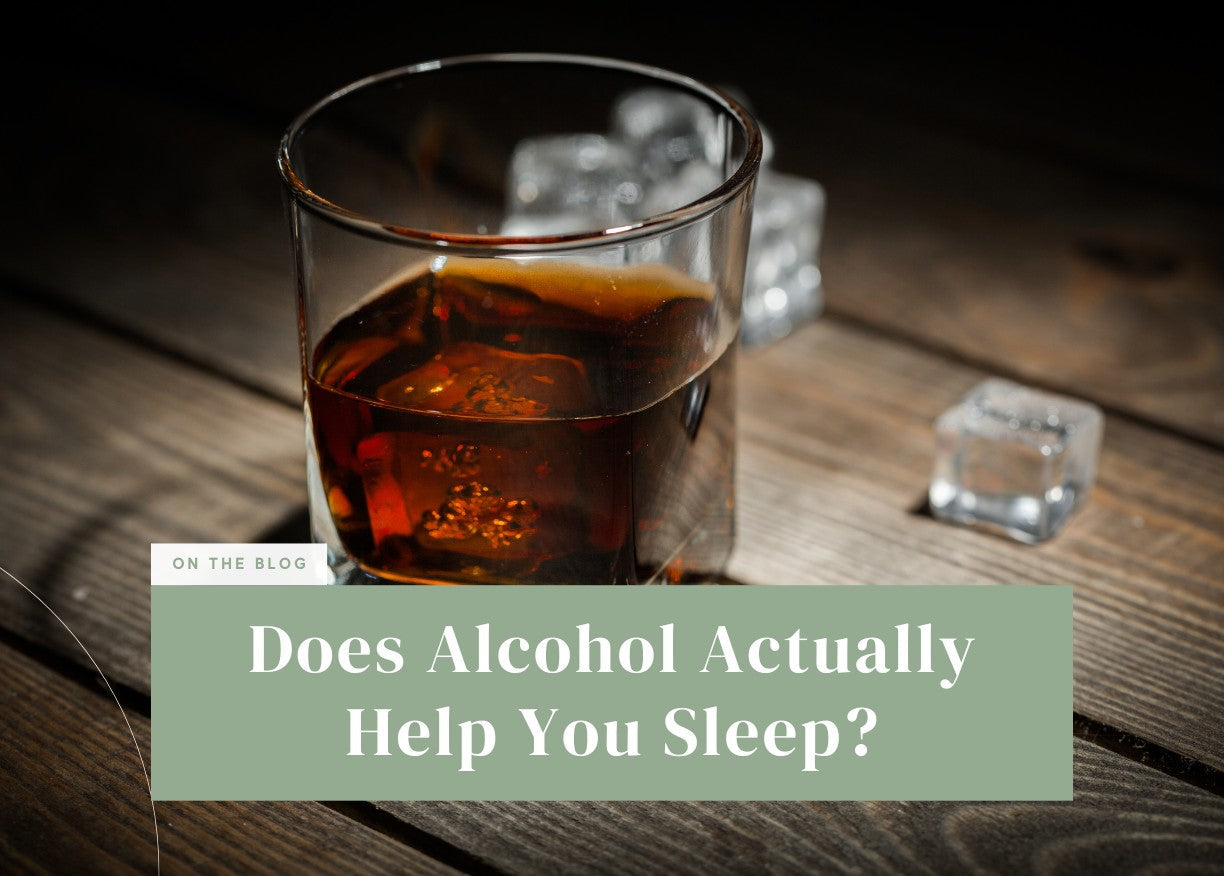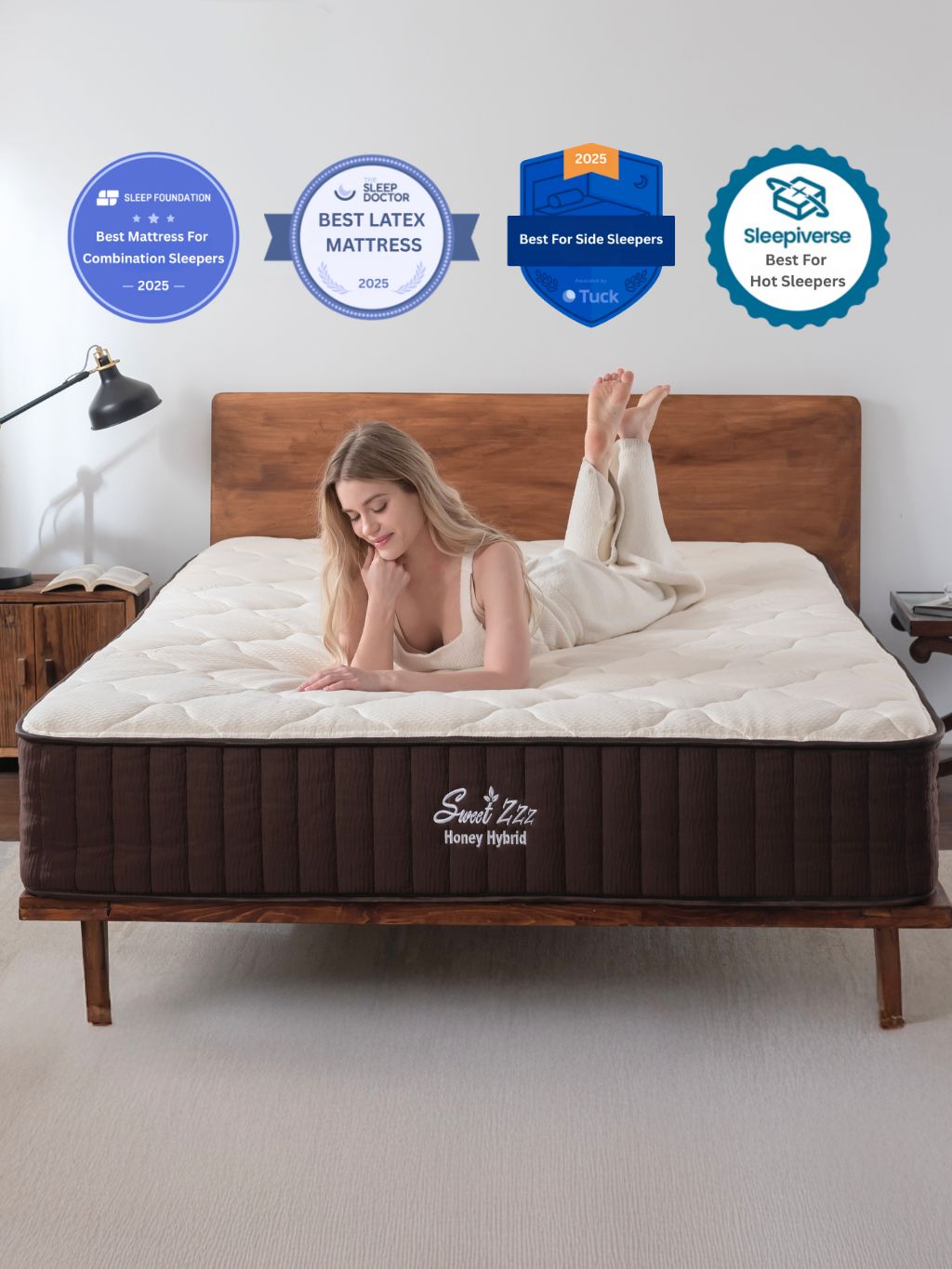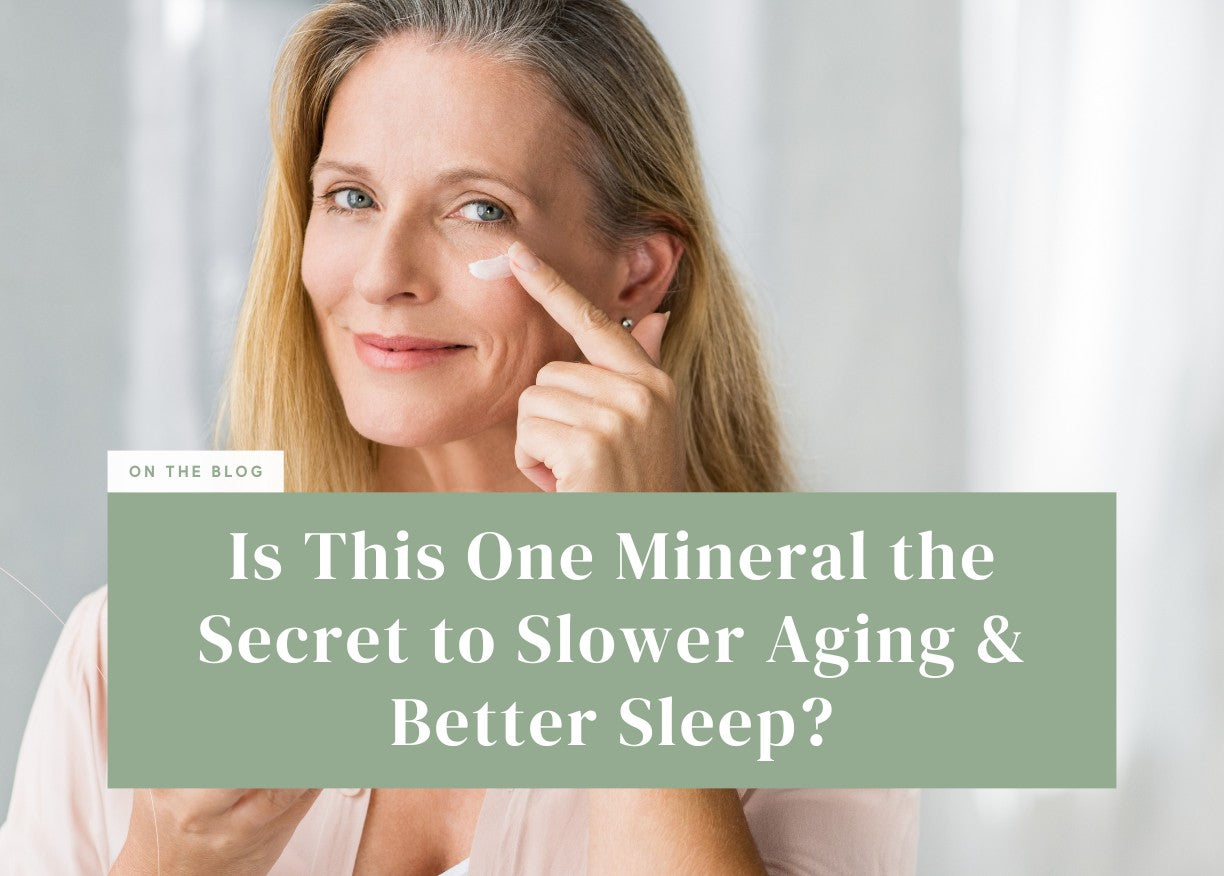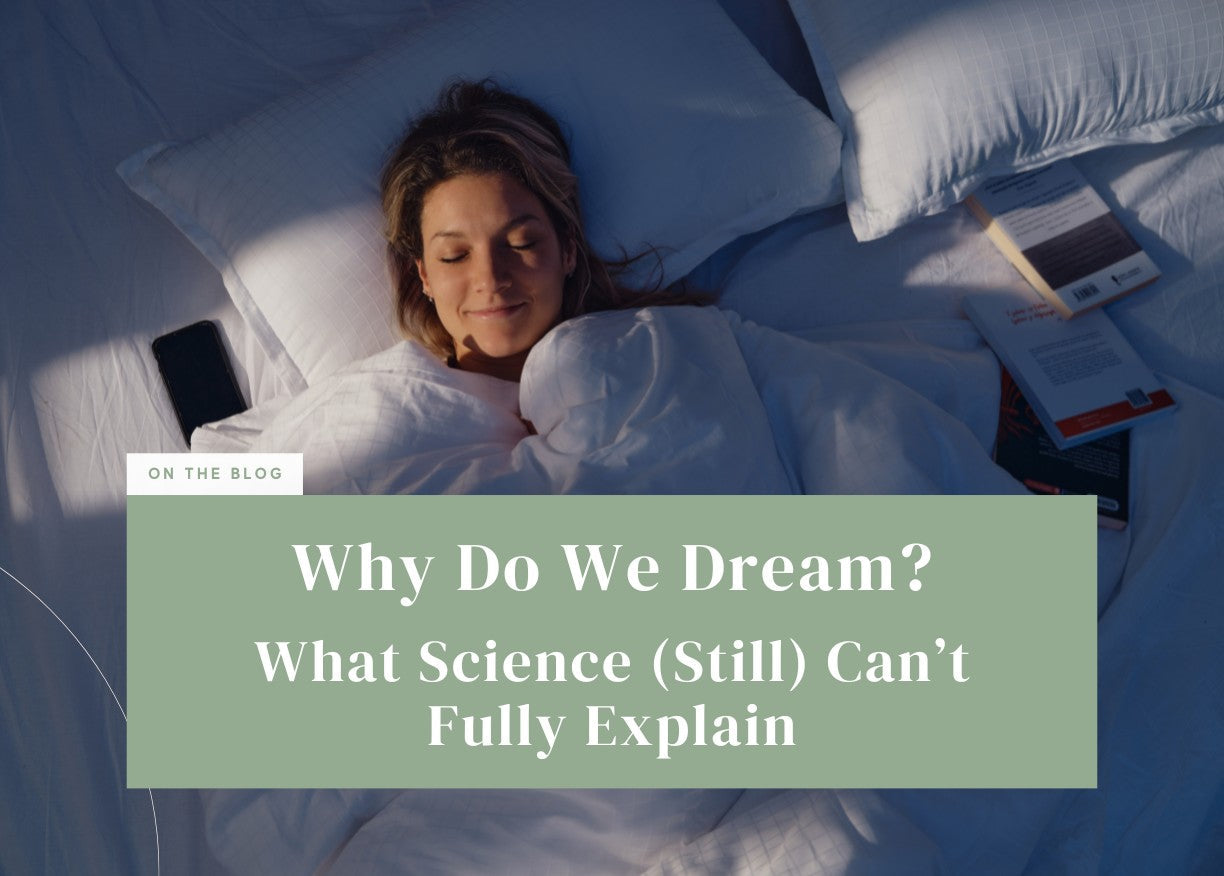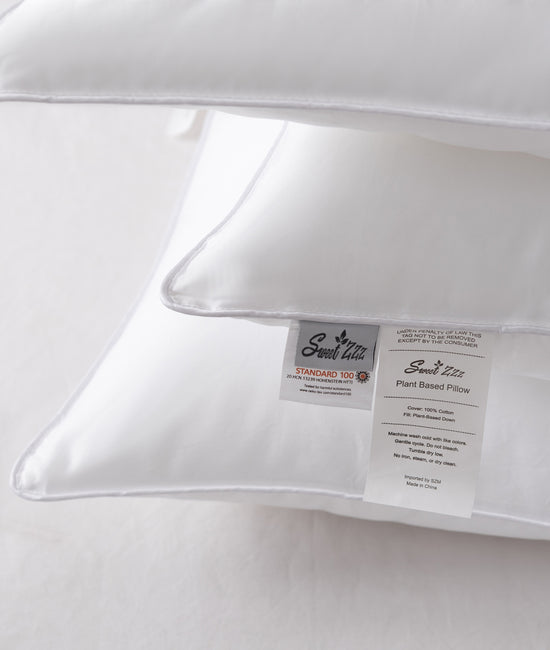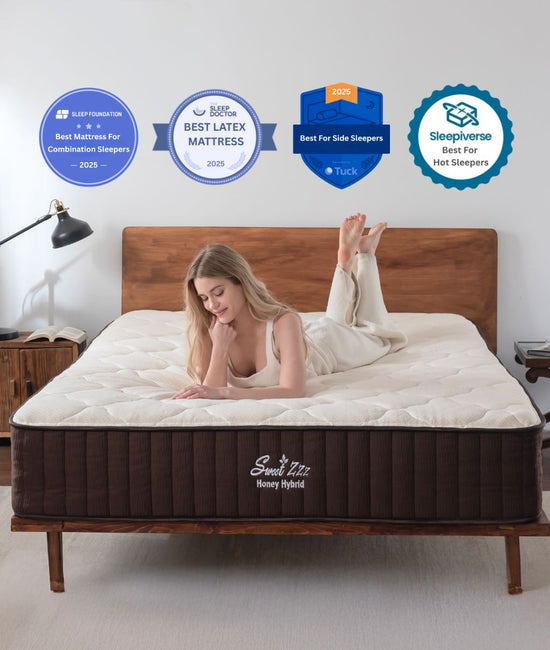Does Alcohol Actually Help You Sleep?
It’s the end of a long day. You pour a glass of wine, sip it slowly, and feel your body start to relax.
By the time you crawl into bed, your eyelids are heavy. You drift off faster than usual.
So yes, alcohol helps you sleep… right?
Well—not exactly.
While a nightcap might feel like a shortcut to dreamland, the truth is more complicated. And if you’ve been waking up at 3 a.m. feeling foggy, anxious, or unrested—your evening drink might be to blame.
What Alcohol Does to Your Sleep (At First)

Alcohol is a sedative, which means it depresses your central nervous system and slows brain activity. That’s why it feels like it helps you fall asleep faster.
Within the first 30–60 minutes of drinking, you may feel drowsy, calm, or even emotionally numb—especially if you’re drinking on an empty stomach or after a stressful day.
So yes, it can help you fall asleep more quickly.
But staying asleep? That’s another story.
What Happens Later in the Night
As your body starts to metabolize alcohol, your sleep quality takes a hit. Here’s how:
1. You Skip REM Sleep

REM is where dreams happen, memory consolidates, and emotions are processed. Alcohol suppresses this vital sleep stage, leaving you with more light, fragmented sleep.
2. Your Body Temperature Rises

Even though alcohol feels relaxing, it actually disrupts thermoregulation, making you feel warmer as the night goes on—leading to tossing, turning, and waking up sweaty.
3. You Wake Up More Often

After a few hours, your brain rebounds from the sedative effects and becomes more active. This “rebound effect” causes frequent awakenings, even if you don’t remember them.
4. You May Snore or Experience Sleep Apnea

Alcohol relaxes the muscles in your throat and airways, which increases snoring and the risk of breathing disruptions, especially in people who already have mild sleep apnea.
But What About Just One Glass?
Moderation matters.
One drink several hours before bed might not wreck your sleep. But studies show that even low-to-moderate alcohol consumption can reduce sleep quality, especially as you age.
✅ If you’re going to drink:
-
Do it earlier in the evening (at least 3–4 hours before bed)
-
Hydrate with water alongside it
-
Avoid sugar-heavy cocktails or multiple rounds
So, What Actually Helps You Sleep Better?
If you’re turning to alcohol because your brain won’t slow down or your body won’t relax, there are healthier (and more sustainable) options.
✅ Try breathing techniques, herbal teas, journaling, or magnesium
✅ Create a bedtime wind-down ritual that’s screen-free and calming
✅ And most importantly: make your bed somewhere your body wants to be
🌿 The Honey Hybrid Organic Mattress from Sweet Zzz is designed for deep, uninterrupted sleep—with breathable layers and natural support that help regulate body temperature and relieve tension.
Pair it with our bamboo sheets and plant-based pillow to create a sleep environment so comfortable, you won’t need a drink to wind down.
Final Thoughts: Sleep and Alcohol Don’t Mix as Well as You Think
A drink might help you fall asleep—but it doesn’t help you stay asleep, and it certainly doesn’t help you wake up refreshed.
If better rest is your goal, the glass might be doing more harm than good.
Because real sleep doesn’t come from sedation.
It comes from stillness, rhythm, and giving your body the comfort it’s been craving all along.


